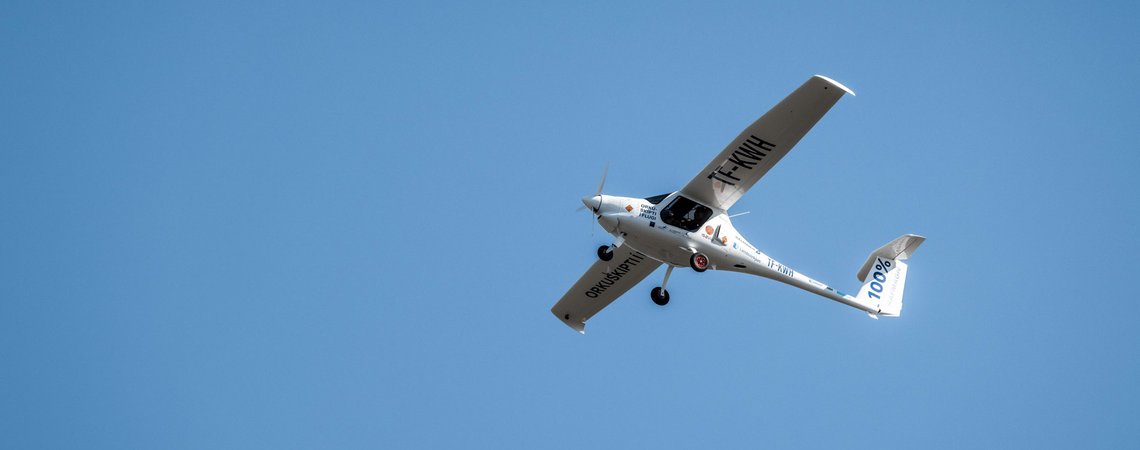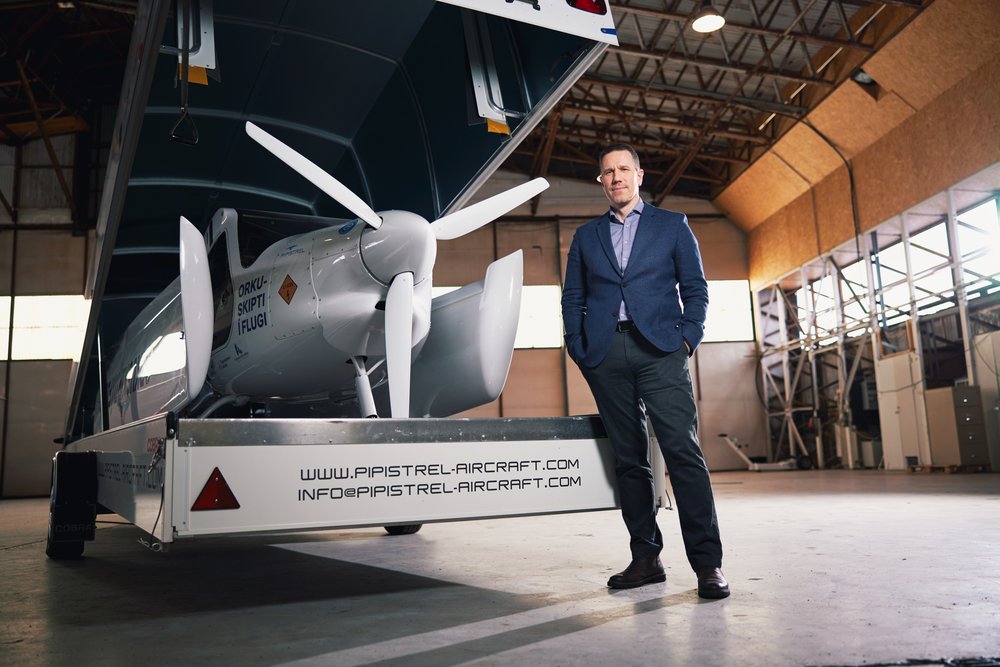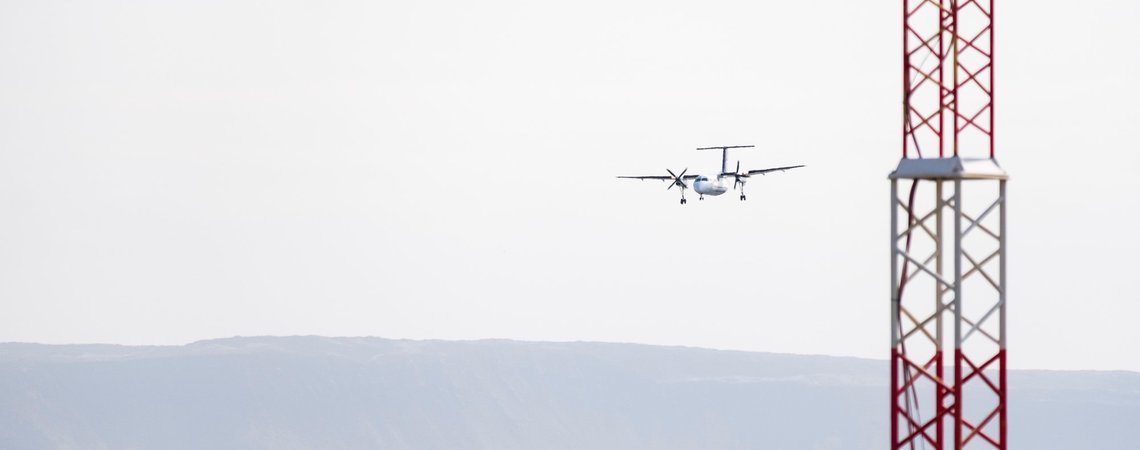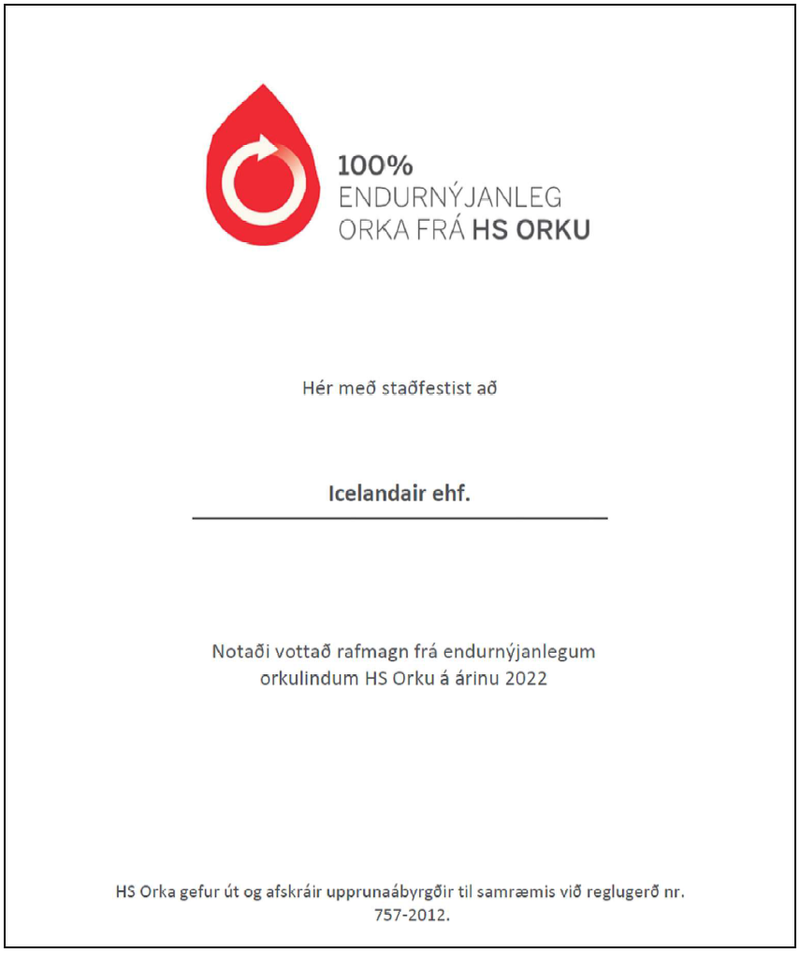Icelandair’s goal is to minimise waste and increase recycling in all operations. Total amount of waste generated by Icelandair was 1,160 tonnes in 2022 of which about 33% is recycled. Around half of the total amount of waste is generated from catering and cabin operations and the geographical location of operations and the legal environment must be considered as in some cases these factors may restrict waste separation. Cabin waste is subject to national waste management controls that are strict to protect agricultural sectors. That means that all cabin waste that has come in contact with or is made from animal products must be incinerated.
Icelandair has for years called for changes in regulations about recycling waste from international flights and in 2022 Icelandair, in good cooperation with the Environment Agency of Iceland and the Icelandic Food and Veterinary Agency worked together to change the regulations to enable airlines to sort clean recyclables that originate in Iceland. The change is implemented in the beginning of 2023.
The steep rampup of operations in 2022 has the effect that the total amount of waste generated from the Company has almost doubled between years but has not reached the same numbers as in 2019 due to various factors.
Icelandair has initiated various successful projects to improve waste recycling within other parts of the Company such as further usage of used oils, timber and metal that goes into appropriate recycling streams. In line with law and regulation, all hazardous waste is returned to certified parties to ensure their proper treatment.
The Company that handles all garbage collection and disposal for Icelandair is licensed by the Environment Agency.



